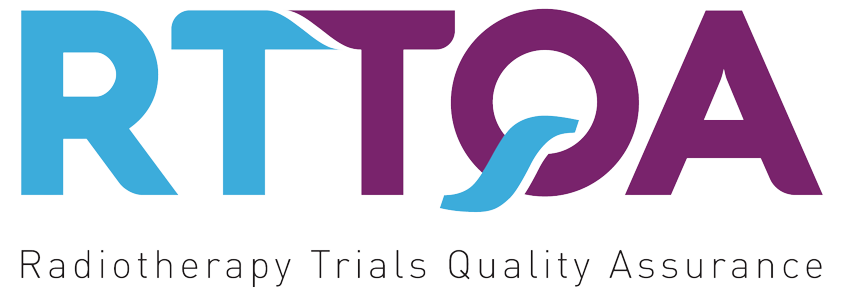
APHRODITE – A Phase II trial of higher radiotherapy dose in the eradication of early rectal cancer
Trial summary:
APHRODITE is a randomised phase II trial investigating non-surgical management and organ preservation for patients with early rectal cancer who are either unsuitable for radical TME surgery, are likely to have difficulty managing a stoma, or who are suitable for radical TME surgery but have a strong preference for an attempt at organ preservation.
The trial will investigate whether dose escalation (delivering a higher radiation dose to the primary tumour as an integrated “boost”) using intensity-modulated radiation therapy (IMRT) in this patient group can be used to attain a complete clinical response (cCR) at 6 months, with long term tumour control and avoidance of tumour-related morbidity. The cCR will be assessed and compared at 6 months between the treatment groups.
The trial aims to recruit 104 patients randomised 1:2 to either the standard dose arm or the escalated dose arm. Both arms will a radical dose of 50.4Gy to the primary tumour and surrounding mesorectum using IMRT, as well as concurrent chemotherapy. Patients randomised to the escalated dose arm with receive a 62Gy boost to their primary tumour volume.
RT QA summary:
All QA activity will be streamlined with previous trial QA, where applicable. Please contact the RTTQA Group directly using the contact details below to discuss.
| QA Process | QA Activity | Required for Trial | Additional Details |
|---|---|---|---|
| Pre-Accrual | Facility Questionnaire | ||
| Outlining Benchmark Case | Contact RTTQA for details on downloading benchmark case | ||
| Planning Benchmark Case | Contact RTTQA for details on downloading benchmark case | ||
| Dummy Run | |||
| During Accrual | Individual Case Review | Prospective: first standard arm patient, first dose-escalation arm patient Retrospective: selected patients |
|
| Data collection | All patients | ||
| Dosimetry | |||
| QA Streamlining | STAR-TReC |
RTTQA contact: aphroditeqa.enh-tr@nhs.net
Chief investigators: Professor Simon Gollins (Clinical Oncologist, Royal Shrewsbury Hospital) & Dr Ane Appelt (Physicist, Leeds Institute of Medical Research at St James’ University Hospital
Co-RT Lead: Dr Mark Teo (Leeds Cancer Centre, St James’s University Hospital)
Sponsor: Yorkshire Cancer Research
Funder: University of Leeds, aphrodite@leeds.ac.uk
